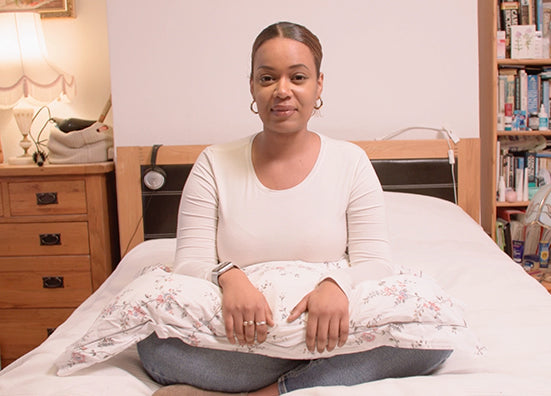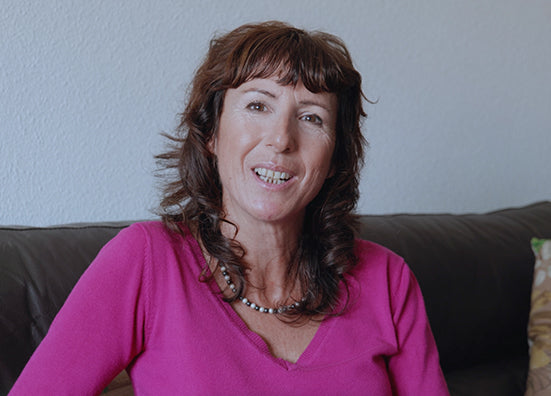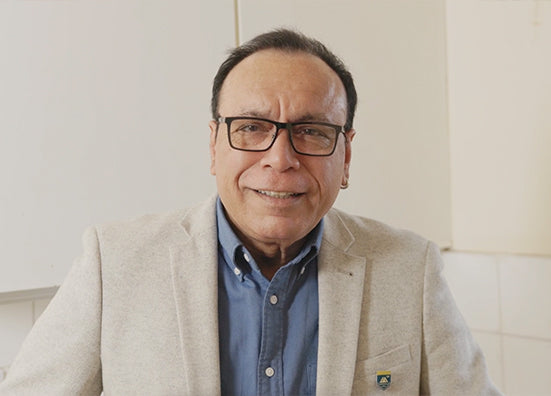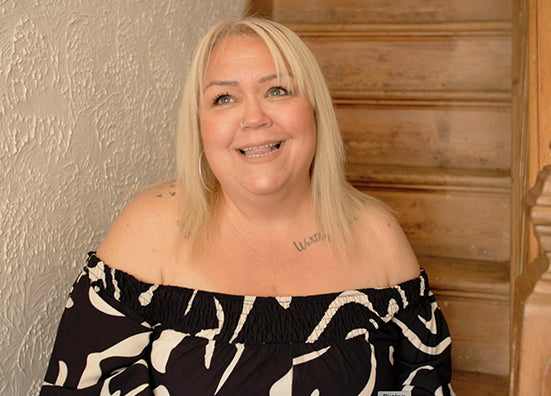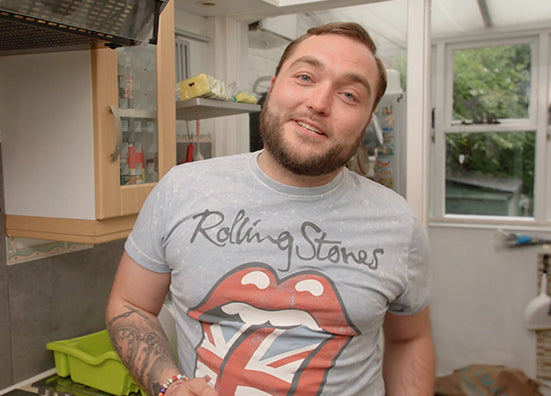
As we all know, medications can be lifesavers, and they play a crucial role in managing various health conditions. Unfortunately it is also true that medications can sometimes come with a price...either in the form of side effects or physical and emotional dependency. If you would like to consider some alternative ways to support your health without the use of medication, please read on!
(Before we continue, it's important to remember that any changes to your medication should always be done under the guidance of a healthcare professional.)
Click here to try the Clear Minds Medication Liberation hypnotherapy session
Understanding Medication Dependence
Medication dependence can sneak up on us no matter how careful we think we're being. Sticking to the prescribed dose doesn't make us immune to it developing a dependency, and it can be really shocking for people to realise that they suddenly find themselves unable to stop their medication without awful side effects. The dependency can happen for many reasons, including the nature of the condition being treated, the type of medication, and the length of time it's used for. Withdrawal symptoms can make the process of reducing medication use challenging, especially if someone tries to stop their medication suddenly and without support. In 2017 PHE (Public Health England) published findings that 11.5 million people nationwide had received at least one prescription for a drug that could cause dependency....that's a lot of people who might potentially be struggling with an invisible foe when they try to taper off or stop their medication.

Symptoms of Medication Withdrawal
Medication withdrawal can feel like a rollercoaster ride. One moment you're up, the next you're down, and it can be hard to predict what's coming next. Sometimes these symptoms are so distressing that you might start taking the medication again just to avoid them. No matter what you experience, though, it's really important to try to avoid self judgement or condemnation for what you're going through. Very few people expect to develop a dependency, and not many of us truly know what to expect when we begin taking a prescription. Even if we've been warned that we could become dependent we tend to imagine that it will happen to other people and not us, so it can be a real surprise to suddenly experience some of these symptoms. Be kind to yourself if this is you...don't make it worse by deciding that you are bad and wrong, or were stupid to become dependent. You are human, with a human body that responds to medication, and that means you are as susceptible as the next person. Here are some of the things you might experience as you try to stop taking your medication:
Physical Symptoms: These can include things like headaches, dizziness, nausea, and fatigue.
Mood Changes: You might find that you're more irritable than usual, or that you're feeling anxious or depressed. Although the feelings might be familiar, they are usually more intense than you might have felt before and can be alarming or scary.
Sleep Disturbances: Trouble falling asleep, staying asleep, or having unusual dreams can also be part of the withdrawal process. Your internal clock has been thrown off and will take a while to reset.
Flu-like Symptoms: Some people experience symptoms similar to the flu, including muscle aches, chills, and sweating.
Changes in Perception: Some people report changes in their senses, like feeling more sensitive to light or sound as if the volume knob on your senses has been turned up.
(Remember, these symptoms can be uncomfortable, but they're usually temporary. It's your body's way of saying, "I'm adjusting to this change.")
Click here to try the Clear Minds Medication Liberation hypnotherapy session
Complementary Therapies
Complementary and natural alternatives can be really helpful, offering a holistic approach that can address not just the physical symptoms, but also the emotional and psychological challenges that can come with withdrawal. (They can also reduce the need for medications in the first place, which is good to keep in mind for the next time):
- Acupuncture: This ancient Chinese practice involves inserting thin needles into specific points on the body. It's believed to balance the body's energy and can be used for a variety of conditions, including pain, stress, and anxiety.
- Massage Therapy: More than just a luxury, massage can help reduce muscle tension, improve circulation, and promote relaxation. It can be particularly helpful for conditions like back pain and stress-related disorders.
- Herbal Supplements: Plants have been used for medicinal purposes for thousands of years. Today, we can take advantage of this ancient wisdom through herbal supplements. (Always consult with a healthcare professional before starting any new supplement.)
- Yoga: This practice combines physical postures, breathing exercises, and meditation. It can help improve flexibility, reduce stress, and promote a sense of well-being.
- Meditation: Regular meditation can help reduce stress, improve concentration, and promote a sense of peace and balance.
- Aromatherapy: The use of essential oils for therapeutic purposes. It can help to alleviate stress, improve sleep, and boost mood.
- Reiki: A form of energy healing that can help to reduce stress and promote relaxation.
- Chiropractic Care: Focuses on disorders of the musculoskeletal system, particularly the spine. It can help with back pain, headaches, and other related conditions.
- Reflexology: A type of massage that involves applying different amounts of pressure to the feet, hands, and ears. It's based on a theory that these body parts are connected to certain organs and body systems.
- Tai Chi: A form of martial arts that involves slow, controlled movements. It can help improve balance, flexibility, and strength.
Clear Minds Hypnotherapy Session: Medication Liberation
One resource that you may find helpful is the Clear Minds hypnotherapy session, Medication Liberation. It's designed to help us navigate the process of reducing reliance on medications. The session focuses on discovering inner peace and clarity, setting the stage for a healthier, medication-free life. You can find more information about the session here.
Conclusion
Reducing reliance on medications is a personal and unique journey. It's about finding what works best for you and your body, which can sometimes require some trial and error. Remember, it's not about rejecting medications outright, but about exploring other avenues of maintaining health and slowly increasing that focus. Always consult with a healthcare professional before making any changes to your medication regimen.








